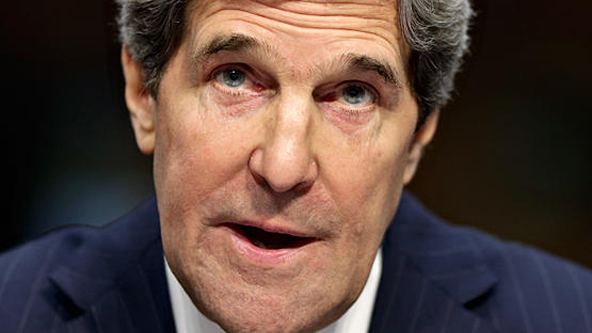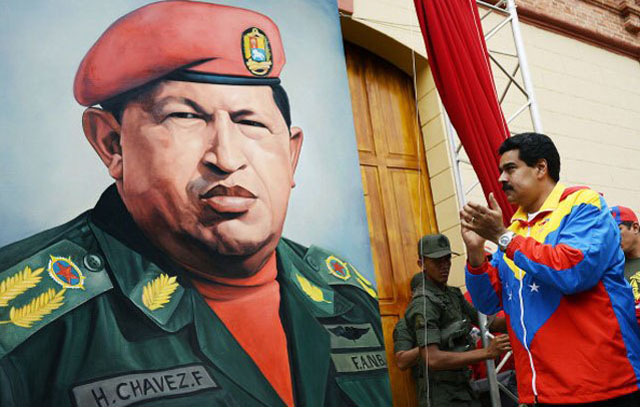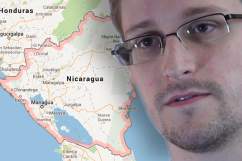
The Snowden Saga Continues: Both Russian MP Alexey Pushkov and Venezuelan state media announced today that NSA whistleblower Edward Snowden has finally accepted the offer of asylum from Venezuelan President Maduro. Wikileaks denies this claim saying that they will confirm any decisions made by Snowden.
Here are the facts you must know about this development:
1. According to Venezuela Snowden has ‘Officially’ Accepted the Offer
"Info that #Snowden accepted Maduro's asylum offer came from "Vesti-24" newscast. Address your questions to them" – @Alexey_Pushkov
— RT (@RT_com) July 9, 2013
Only mere minutes after Alexey Pushkov had posted that NSA whistleblower Edward Snowden had “chosen” to accept the offer of asylum from Venezuelan President Maduro, the tweet was taken town. Pushkov is now tweeting that he learned of Snowden’s decision through Russian newscast “Vesti-24.” Confirmation has also arrived from Venezuelan state-run media that Edward Snowden accepted their asylum offers.
However, Wikileaks has just tweeted that they will confirm if and when Snowden accepts they asylum offer but as of now, he has not.
Edward #Snowden has not yet formally accepted asylum in Venezuela. The Russian law maker concerned has deleted the tweet.
— WikiLeaks (@wikileaks) July 9, 2013
2. President Maduro Granted Him Asylum Earlier Today

Venezuelan President Nicolas Maduro announced that his country will offer asylum to Edward Snowden.
Late Monday night, July 8, President Nicolas Maduro confirmed that Venezuela received Edward Snowden’s asylum request. Maduro said that Snowden, “will need to decide when he will fly here,” and that Venezuela will serve as a harbor from, “persecution from empire.”
Snowden has also been offered asylum in Bolivia and Nicaragua.
3. Snowden Will Have a Hard Time Getting There
Last week, European nations allied with the United States denied the Bolivian President Evo Morales the right to fly in their airspace after his plane was already in the air. The reason? They suspected he was secretly transporting Edward Snoden from Moscow to Bolivia. Morales’ plane was then forced down in Austria and searched. Snowden was not found on board the plane.
If this is how friends of the United States will treat the president of a sovereign nation in their pursuit of Snowden, then his path to Venezuela would certainly be a long, hard, and clandestine one. If reports are true and Snowden has accepted Venezuela’s request, then it is more likely that he will flee to the closest Venezuelan embassy and begin a life there just like Julian Assange’s in London’s Ecuadorian embassy.
4. The U.S. Has Vowed to Retaliate

According to reports, State Department officials have “promised retaliation” to Russia, China and semi-autonomous Hong Kong for their role in keeping Snowden from the U.S. Secretary of State John Kerry said Monday during a trip to India that “without question” there would be consequences for China and Russia for not complying with U.S. requests and emphasized that the U.S. is now focusing on Russia. Ecuadors decision to study the asylum petition for the intelligence leaker sparked fears the the U.S could retaliate “hitting Ecuadoran exports.” If Snowdown does indeed go to Venezuela, the oil-rich South American country is bound to be hit by some form of U.S reciprocity.
5. Freedom of Speech and Human Rights are Curbed in Venezuela

Maduro, in Chavez’s typical tricolor tracksuit, praising a painting of Hugo Chavez
According to human rights organizations such as HRW and Amnesty International Venezuela has seen a erosion of human rights in the past 14 years since the election of Hugo Chavez. Chavez left a legacy characterized by a dramatic concentration of power and “open disregard for basic human rights guarantees.” Reports indicate, the Venezuelan government has used its power to intidmidate, censor and prosecute Venezuelans who criticize the president or thwart his political agenda. After seizing control of the Supreme Court, they undercut the ability of human rights defenders and other Venezuelans to exercise fundamental rights.
It is clear that Venezuela has been suffering from the the tight grasp of a controlling government. There is little freedom in Venezuela not only in the political arena but also in the economic sphere. In fact, price and foreign exchange controls have become key weapons to maintain businesses on a short leash.
A wave of violence has spun the crime rates in Venezuela to record breaking levels. Caracas – dubbed the “murder capital of the world” – has suffered from one of the highest crime rates in the world. Venezuela’s government rarely releases figures, but according to The Economist, Tareck el Aissami, the former interior minister, has admitted that Venezuela’s murder rate is close to 50 per 100,000 people – among the world’s highest.


